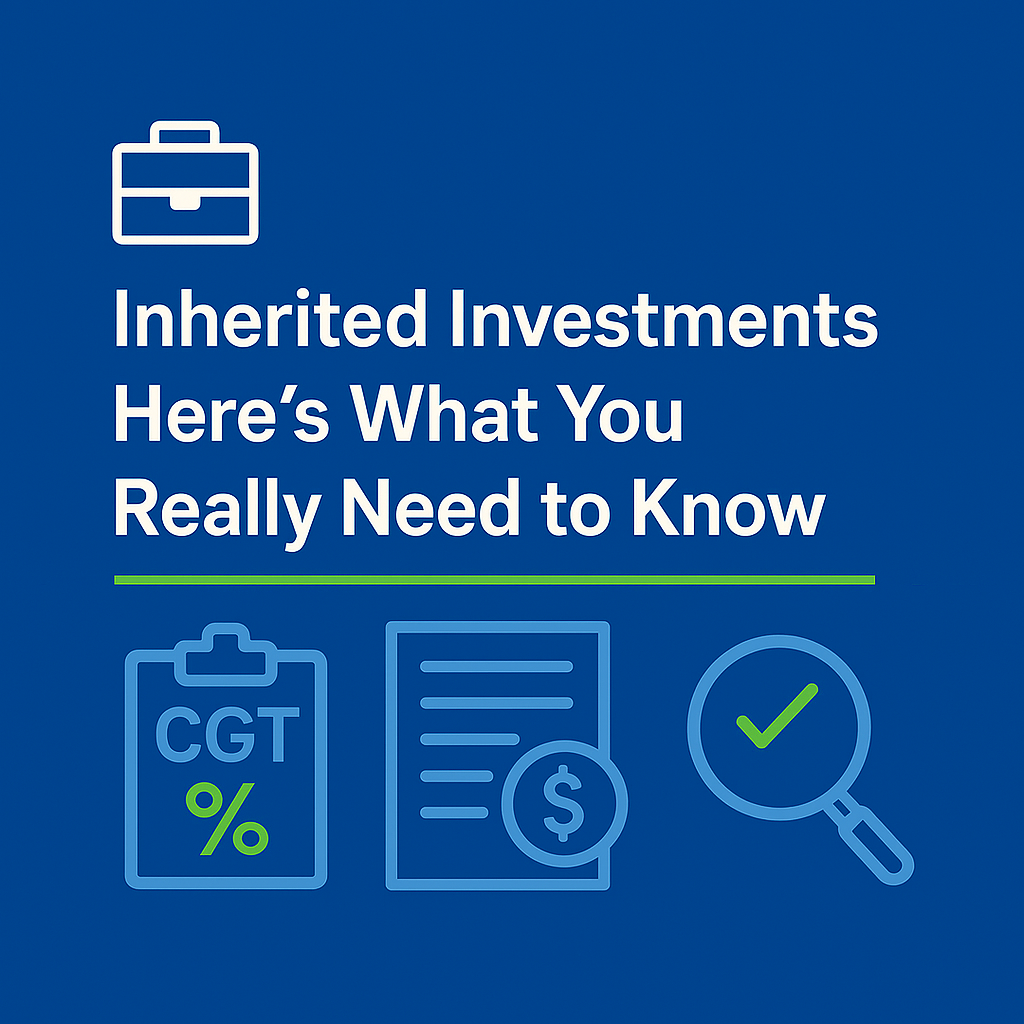ATO confirms tax deductibility of financial advice fees
The Australian Tax Office (ATO) has released new guidance (TD 2024/7) on when financial advice fees can be claimed as a tax deduction. Overall, the ATO has not changed its view but it has given more clarity around the deductibility of upfront and ongoing fees.
Key points to know
Some of the key takeaways from this determination include:
· If you receive financial advice that includes tax-related advice, you may be able to claim a deduction, but only if the advice comes from a qualified tax professional.
· Upfront fees for initial advice (eg, setting up a financial plan) related to structuring investments are generally non-deductible, as they are considered capital expenses. However, if the advice relates to managing investments for income production or relates to managing tax obligations, it may be deductible.
· Ongoing advice fees can be deductible if they’re related to income-generating activities.
· To be deductible under tax law, the fees must relate to you gaining or producing assessable income. If only part of the advice is income-related, you can only claim a partial deduction.
In essence, advice fees must be linked directly to producing assessable income to qualify for deductions. For example, fees paid for advice that helps manage existing investments producing income can be deductible, but fees for advice on structuring investments or creating a financial plan won’t be. Understanding the distinction between capital and income-related advice fees is key for ensuring that tax deductions are properly applied.
Who isn’t covered
The rules in this determination do not apply to individuals running an investment business or address scenarios where financial advice fees are paid from a superannuation fund.
Why this matters
This update helps clarify what types of financial advice fees you can and can’t claim, making it easier to understand which expenses are deductible and which are not.
To make sure you are meeting all the ATO’s criteria for claiming these deductions, it’s important to work with your accountant or financial adviser to properly categorise your financial advice costs. This will help you make the most of the available deductions while staying compliant with the tax law.











